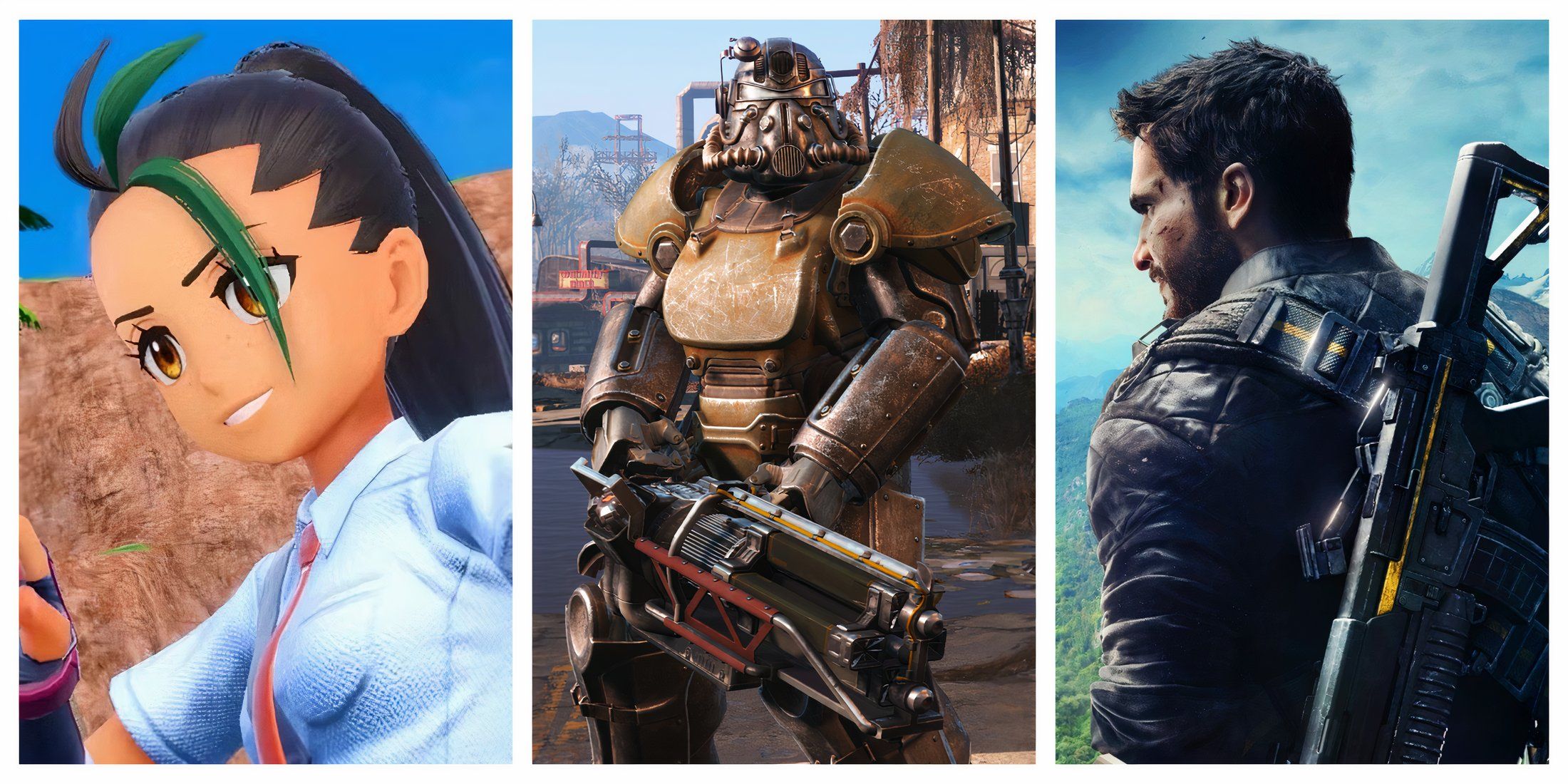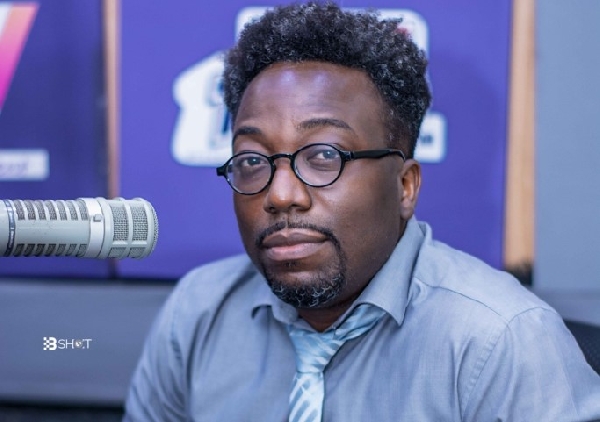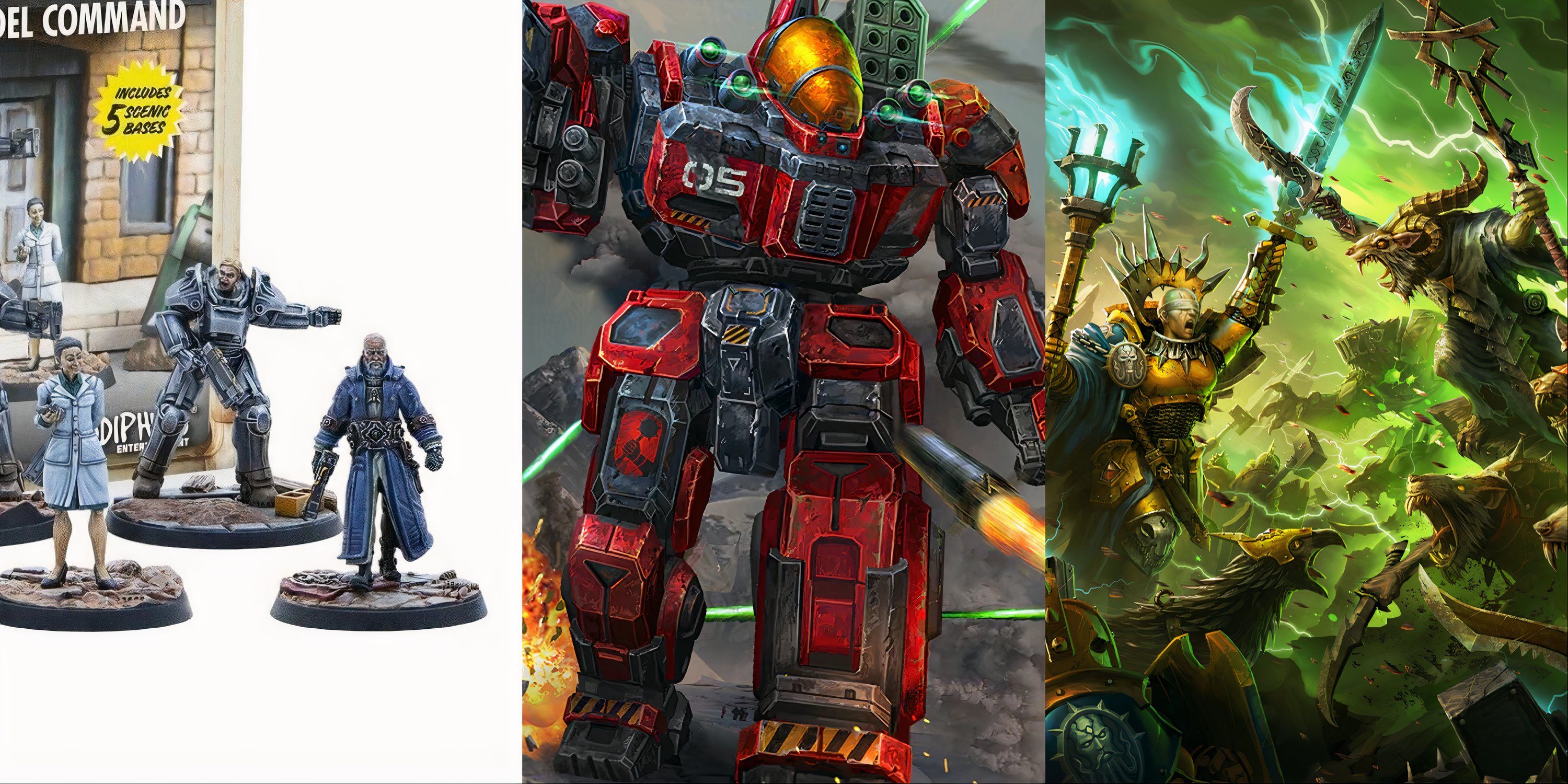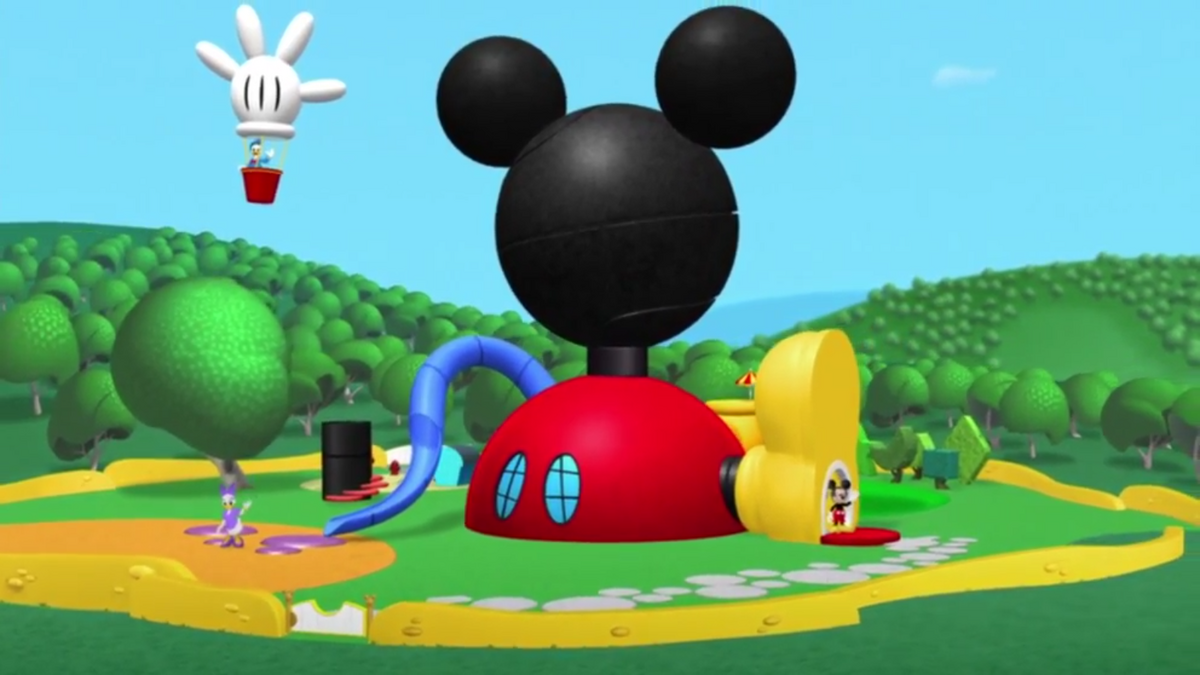There is a reason why many open-world video game series go on for as long as they do. While the short of it is that they generate substantial profits for their publishers, the long of it is that they are (ostensibly) still compelling to audiences, still able to surprise and amaze, and still pushing the limits of game design in a way that a non-established series just can't.
There is a case to be made that these "AAA" publishers and studios have captive audiences willing to pick up the latest game in a long-running series purely out of nostalgic comfort, misguided loyalty to a brand, or while being mired in a sunk cost fallacy mindset. Though these series may have once delivered truly memorable open-world experiences (and the games in them still exist and provide the same enjoyment), perhaps it is now time they stepped back from the spotlight, if only to reassess their direction, or gracefully bow out before diminishing returns define their legacy.
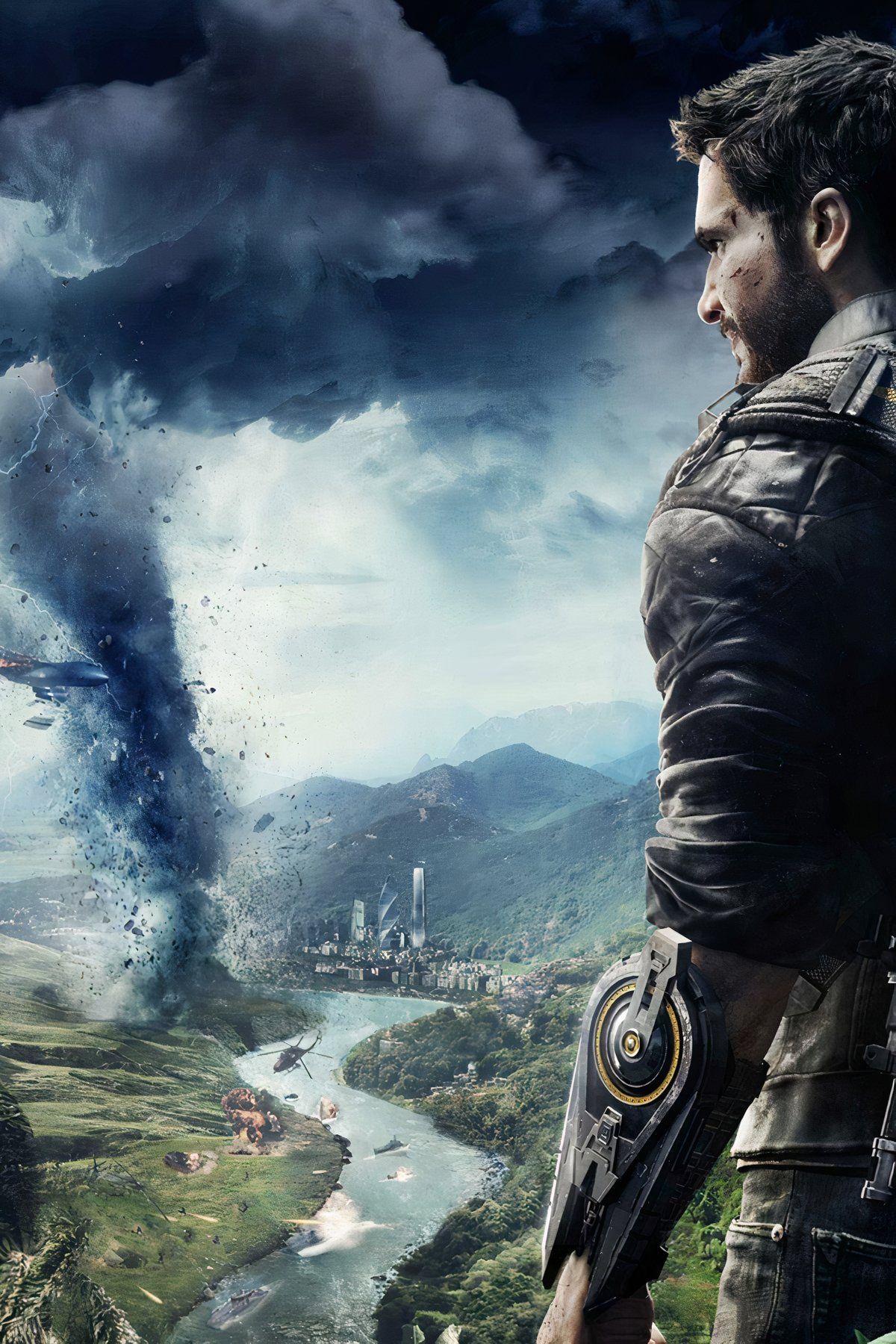
Just Cause 4
- December 4, 2018
- M For Mature 17+ due to Blood, Intense Violence, Strong Language
The Just Cause series was once the poster child for chaotic, sandbox-style destruction, giving players the tools to blow up anything and everything with wild abandon. With grappling hooks, parachutes, wingsuits, and a ton of weapons and vehicles, each entry pushed the envelope on ridiculous traversal and over-the-top action. But with , it felt like the series hit a wall, and not just graphically.
Technical issues, a dull world, and stale mission design made even the most fiery and destructive set pieces feel lukewarm. Avalanche Studios has yet to evolve the series meaningfully, and without innovation, the chaos feels stale. Even with rumors about a Just Cause movie being in the works, and such a gap since JC4, this is probably the moment for the series to take a breather, regroup, and figure out how to make explosions exciting again.
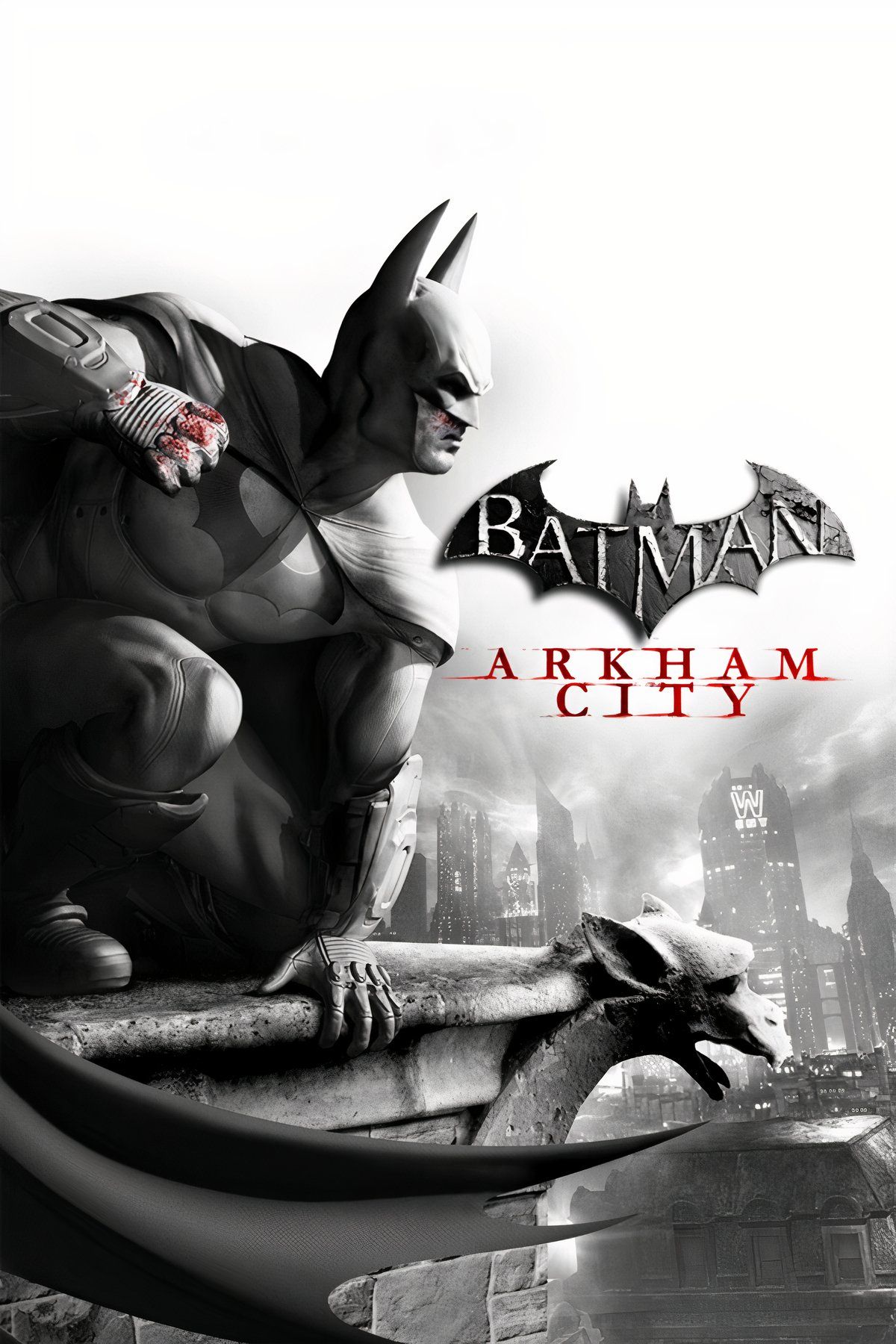
- T for Teen: Alcohol Reference, Blood, Mild Language, Suggestive Themes, Use of Tobacco, Violence
Rocksteady’s Arkham Asylum was genre-defining, raising the bar for licensed superhero games and setting the template for free-flow combat systems across the industry. showed how the system could work in an open world, and delivered an incredible open-air environment to explore on foot or by cape. Finally, Arkham Knight brought the trilogy to a close narratively and mechanically.
However, the Bat hasn’t truly rested since. From the lukewarm reception of Gotham Knights to the divisive Suicide Squad: Kill the Justice League, the once-pristine Arkham legacy has been diluted. Like the movie incarnations of the Caped Crusader, it might be wise to shelve the cowl, recalibrate, and return in a different form with a new take, but only when a fresh and truly inspired idea is ready to rise from the shadows.
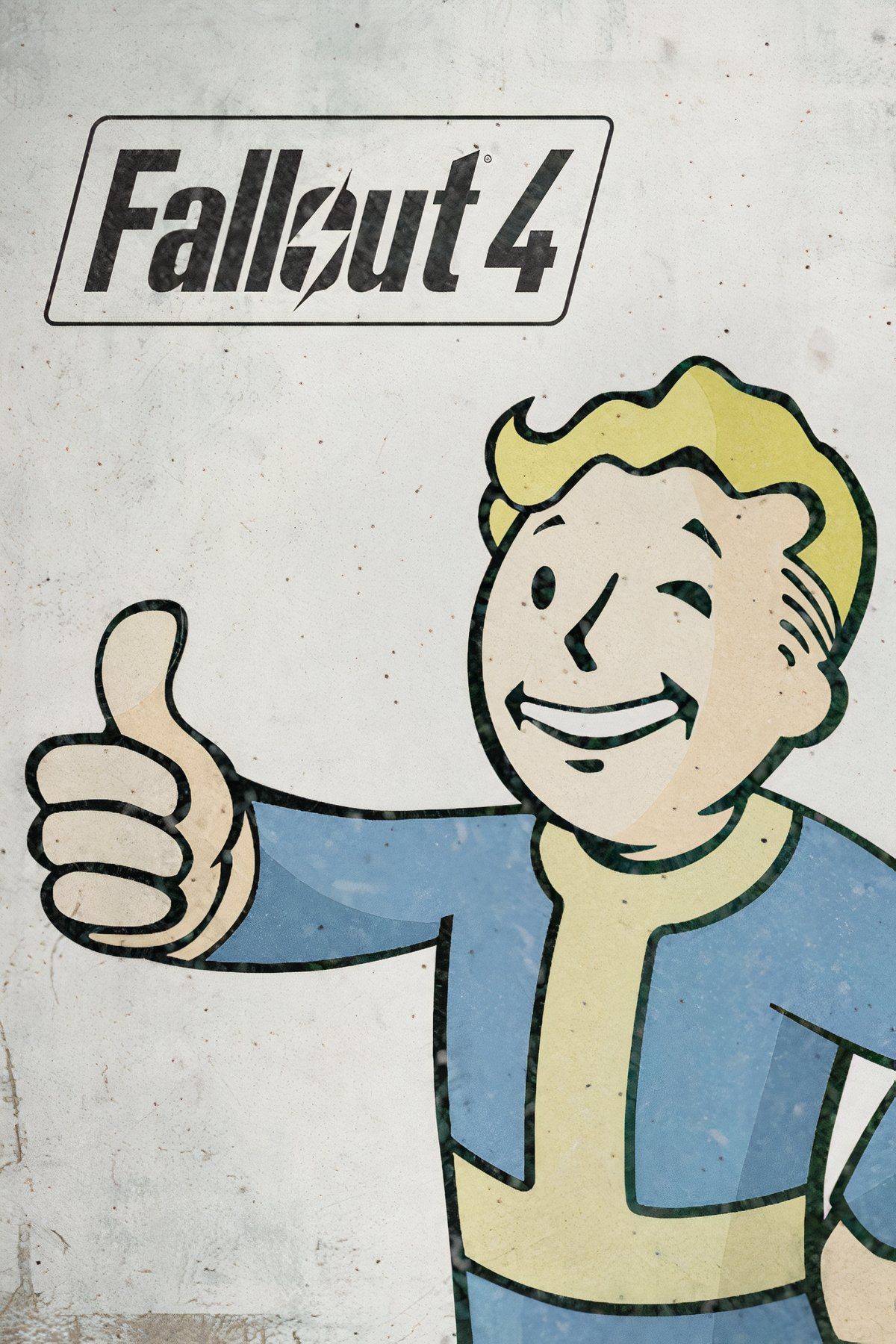
- M FOR MATURE: BLOOD AND GORE, INTENSE VIOLENCE, STRONG LANGUAGE, USE OF DRUGS
The Fallout series has long strayed far from its roots as a gritty, open-ended satire of post-apocalyptic survival. While the recent TV show captivated current fans and new audiences, its success relied heavily on nostalgia over pushing boundaries. The show trips over and reheats old lore as though afraid to produce something outside of established canon. The games, too, have demonstrated worrying missteps. For example, , while there is much to love, featured a voiced protagonist and a linear and tone-confused story that clashed with the series’ sandbox RPG core.
Fallout 76 stumbled through its live-service identity crisis. Fan-favorite New Vegas, developed by Obsidian, proved that fresh creative leadership can breathe new life into the Wasteland and is widely regarded as the best in the series. Rather than another iteration that dilutes what made Fallout S.P.E.C.I.A.L. or maintains nonsensical tradition for the sake of memberberries (i.e., an entire nuked continent still trading in bottlecaps), perhaps it is time the series took a break or handed the reins to someone else willing to get their hands dirty again.
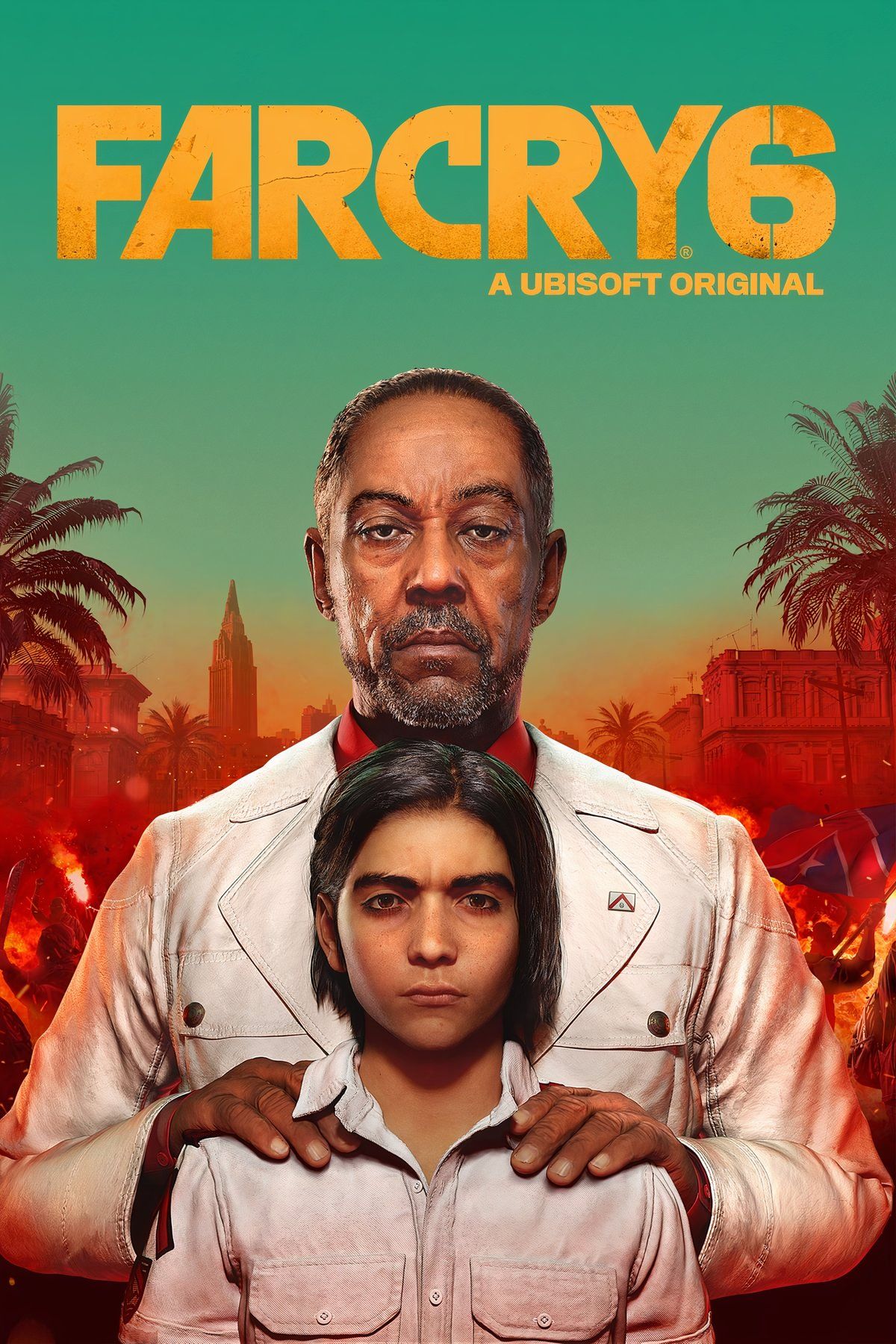
- M For Mature 17+ due to Blood and Gore, Intense Violence, Mild Sexual Themes, Strong Language, Use of Drugs and Alcohol
There was a time when Far Cry felt like a breath of fresh tropical air in the FPS space. But over the last several entries, it has calcified into a rigid formula: meet a charismatic and authoritarian villain, liberate outposts, craft gear, take revenge, and repeat. And there's probably a secret early ending for those who let the main baddy be, usually in the first moments of the game.
While games like Far Cry 3 and 4 made the loop addictive, felt a little bloated with the usual Ubisoft fare, directionless with its map design, and overfamiliar. Ubisoft’s insistence on yearly releases has sapped the franchise of any real tension or excitement. Unless there's a dramatic reinvention on the horizon, a break might be the best thing that could happen to the series and for its fans.
The Pokemon franchise is arguably one of the most beloved in the world, but even before its foray into the open world, its gameplay formula was famous for being samey and routine. Its recent entries on the Nintendo Switch, Sword and Shield, , while occasionally novel, showed little growth and underwhelming game design, especially when fans have had years to imagine what an open-world Pokemon game could have been like with a little more technological power behind it.
While Legends: Arceus took a brave step in the right direction, the core series is clearly struggling to balance innovation with annualized pressure. Giving the mainline games a break could allow Game Freak to catch its breath and fully realize the open-world Pokemon dream that fans have been waiting for since 1998, instead of just letting Nintendo hit other studios looking to reinvent the magical monster collector format with lawsuits to maintain a monopoly on the genre.
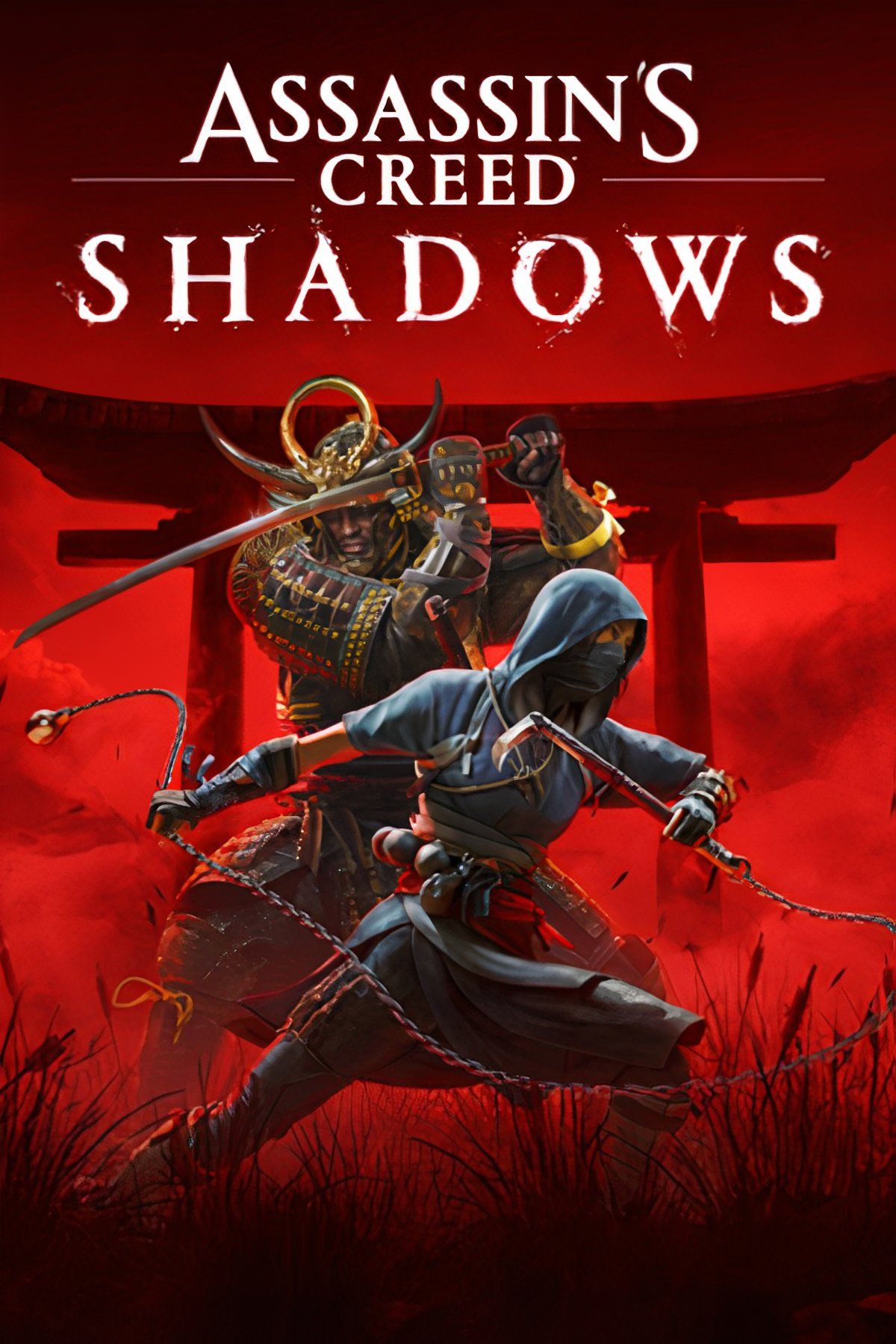
- Mature 17+ // Blood and Gore, Intense Violence, Language
Ubisoft’s Assassin’s Creed franchise helped define the modern open-world formula: tall towers, stealth kills, historical tourism, and never-ending map icons. But after more than a dozen entries, spinoffs, and soft reboots, the "assassin" part of Assassin's Creed feels like an afterthought. This was true long before the series' soft reboot with Origins. For example, Black Flag could have struck out on its own as a pirate adventure.
The true open-world games like Odyssey, Valhalla, and are visually stunning and mechanically dense, but the question remains: did these need to be under the Assassin’s Creed umbrella? The lore has grown bloated, the modern-day storylines have lost clarity, and the RPG systems have at times buried the social stealth roots that once defined it. Mirage seemed like a return to form (and purpose), but it now seems like an anomaly, and the intrigue and themes that made the first few AC games so special still feel hopelessly lost.
